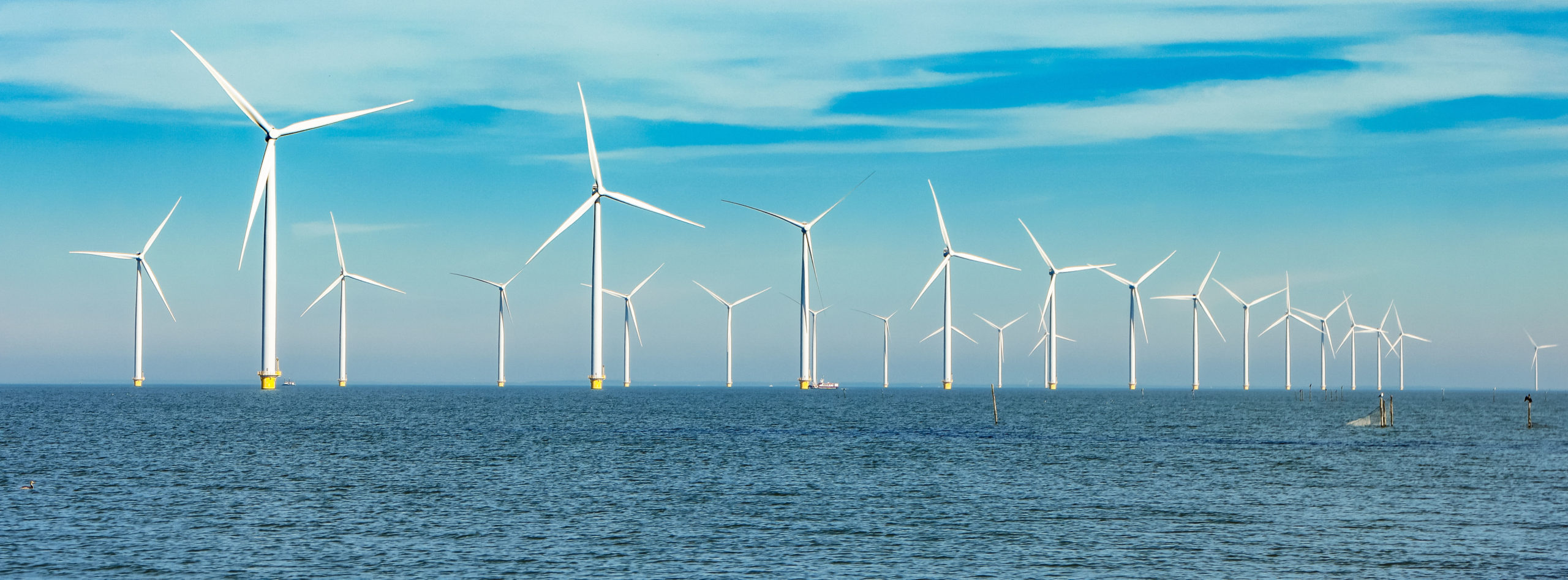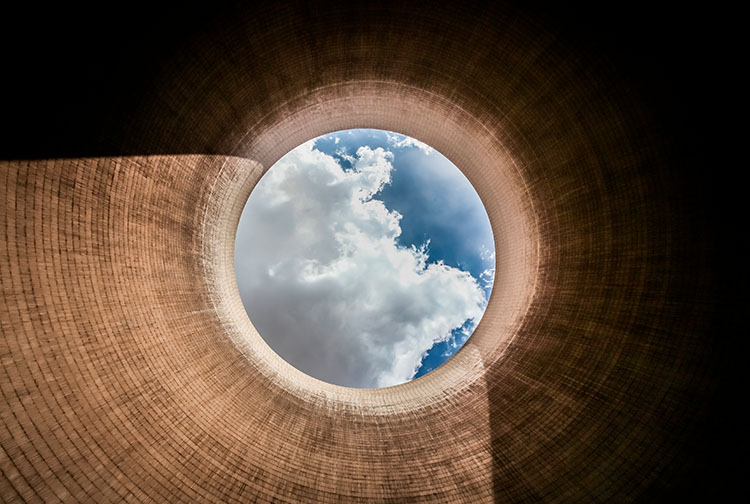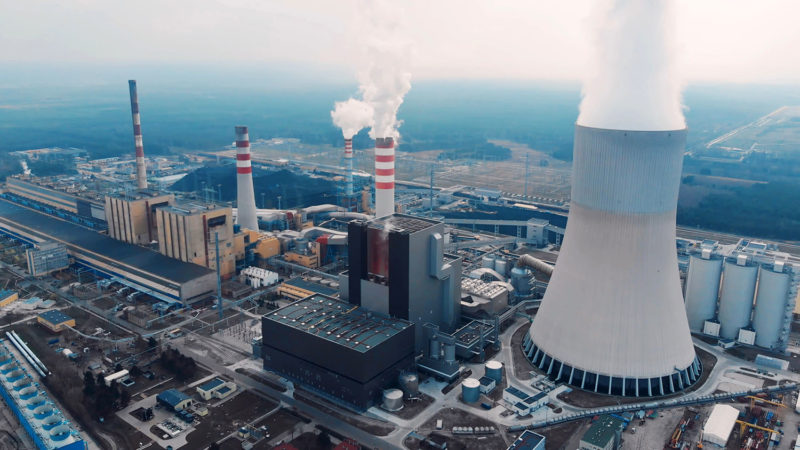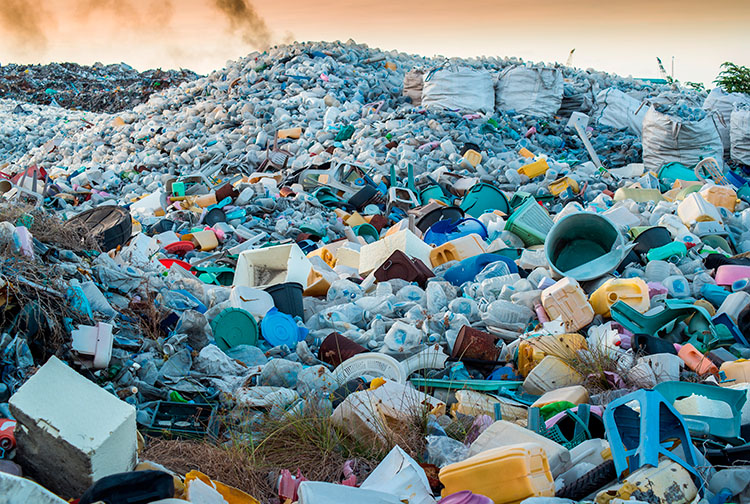

The fragile balance of marine ecosystems
Petits canvis poden trencar el fràgil equilibri de molts ecosistemes marins. El corall i el krill són dos exemples clars de com l’escalfament dels oceans provocat per la nostra petjada de carboni pot tenir “efectes devastadors”, com explica Sara Casals, cap de producte júnior d’11Onze.
Els gasos d’efecte hivernacle que emetem a l’atmosfera estan provocant l’escalfament del planeta. I els ecosistemes marins no són aliens a aquest procés. Es calcula que en l’últim segle la temperatura dels oceans ha augmentat 0,1 °C. Tot i que sembla molt poc, mínims canvis de temperatura poden tenir “efectes devastadors” en aquests entorns, com explica Sara Casals.
Dos exemples molt evidents de l’impacte de la nostra petjada de carboni en els ecosistemes marins són el corall i el krill. “El blanqueig del corall és una clara mostra de com un petit canvi pot desencadenar l’extinció massiva d’aquests organismes”, adverteix Casals. Pel que fa al krill, explica que l’augment de la temperatura de l’aigua fa que aquest petit crustaci “es reprodueixi en quantitats molt inferiors”.
La reducció de la població de krill provoca un efecte en cadena en altres espècies animals, ja que el krill és “un esglaó fonamental en la cadena alimentària de l’Antàrtida”. A més, el krill és capaç de capturar diòxid de carboni i dipositar-lo en el fons marí, amb la qual cosa la reducció de la seva població incrementa la quantitat de CO₂ que arriba a l’atmosfera.
Aquests dos exemples mostren que els ecosistemes del planeta mantenen un fràgil equilibri i que cada espècie té un paper fonamental per mantenir-lo. “Una alteració mínima d’aquest ordre natural genera canvis devastadors per la Terra i la vida en ella”, segons Casals.
Una qüestió urgent
Els humans tendim a relativitzar les coses quan les veiem com un problema llunyà o que no ens afecta directament. Per això, per exemple, moltes institucions han deixat de parlar de “canvi climàtic”, que sembla un procés progressiu i a llarg termini, per parlar “d’emergència climàtica”, que reflecteix millor la urgència de les mesures que la humanitat ha de prendre per aturar l’escalfament.
Com remarca Sara Casals, “ara ens toca canviar el xip, ja que els nostres hàbits i formes de consum ens han portat a aquest punt”. Per tant, és necessari que prenem consciència de quines conseqüències tenen les nostres activitats. Només així podrem prendre les mesures necessàries per reduir la nostra petjada de carboni.
Si vols descobrir com beure la millor aigua, estalviar diners i ajudar al planeta, entra a Imprescindibles 11Onze.
Leave a Reply
You must be logged in to post a comment.






Gràcies
Gràcies, Joan!!!
Cal reduir la petjada, però el canvi climàtic sempre ha existit.
Jo també ho penso, i a més a més no va tant i tant lligat, com diuen, amb el tema de les emissions del CO2. Moltes gràcies pel teu comentari, Pere!!!
Tots en més o menys mesura podem contribuir a disminuir el nostre impacte amb el medi
Molt cert, però malauradament hauríem de ser tots, si uns ens hi esforcem molt i els altres passen de tot, serà molt més complicat… Moltes gràcies pel teu comentari, Manel!!!
Totalment d’acord 👏👏👏Cal pendre consciència de les nostres activitats per pendre les mesures necessàries per canviar-les i reduir-ne la petjada de carboni 👌
Gràcies pel teu comentari, Jordi!